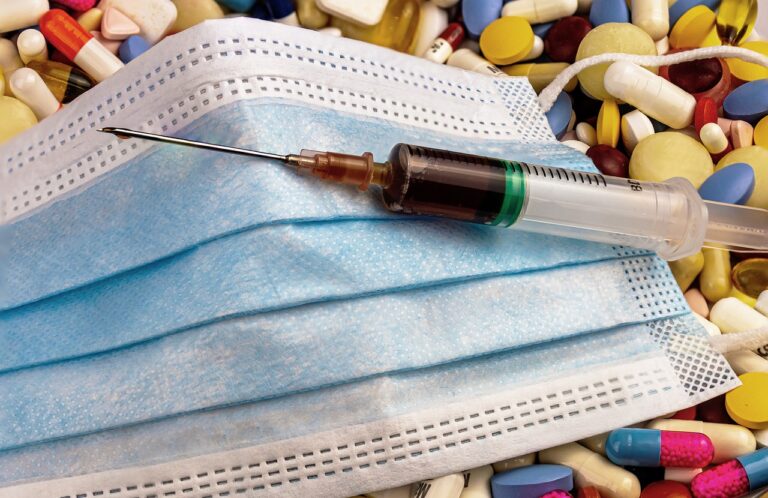The Importance of Hand Hygiene in Preventing Disease Transmission
Proper hand hygiene is one of the most fundamental practices in maintaining good health and preventing the transmission of harmful germs and diseases. By simply washing hands regularly and thoroughly, individuals can significantly reduce their risk of getting sick and spreading illnesses to others. Ensuring that hands are clean is especially important in high-contact environments such as schools, healthcare settings, and public transportation where germs can easily be transferred from person to person.
Failure to maintain proper hand hygiene not only puts oneself at risk but also poses a threat to the wider community. Germs can survive on surfaces for extended periods, and when individuals touch these surfaces and then their faces, they increase the likelihood of getting infected. Through regular handwashing with soap and water, individuals can effectively eliminate germs that may be present on their hands and help break the chain of infection. Proper hand hygiene is a simple yet powerful way to protect oneself and others from the spread of germs and diseases.
Proper handwashing techniques should be followed to effectively remove pathogens.
One of the most fundamental steps in preventing the spread of germs and diseases is proper handwashing. It is a simple yet powerful practice that can significantly reduce the risk of infection. By following the correct handwashing techniques, individuals can effectively remove pathogens from their hands, minimizing the chances of transmitting harmful germs to themselves and others.
To ensure the effectiveness of handwashing, it is important to use an adequate amount of soap and water. The hands should be lathered thoroughly, including the front and back, between the fingers, and under the nails. Rubbing the hands together for at least 20 seconds is essential to dislodge and wash away any pathogens present on the skin. Additionally, rinsing the hands with clean running water and drying them with a disposable towel or air dryer is crucial to complete the handwashing process.
Why is hand hygiene important in preventing the spread of germs and diseases?
Proper hand hygiene can help reduce the transmission of pathogens from one person to another, ultimately preventing the spread of illnesses and diseases.
What are some key steps to follow when washing your hands?
Some key steps to follow when washing your hands include wetting your hands with clean, running water, applying soap, lathering and scrubbing for at least 20 seconds, rinsing thoroughly, and drying with a clean towel or air dryer.
How often should I wash my hands?
It is recommended to wash your hands regularly throughout the day, especially before and after handling food, after using the restroom, after coughing or sneezing, and after coming into contact with potentially contaminated surfaces.
Can hand sanitizer be used as an alternative to handwashing?
While hand sanitizer can be a convenient alternative in certain situations, it is not as effective as washing your hands with soap and water. Hand sanitizer should be used when soap and water are not readily available.
What are some common mistakes people make when washing their hands?
Some common mistakes people make when washing their hands include not washing for a long enough duration, not lathering soap properly, and not drying their hands thoroughly. It is important to follow proper handwashing techniques to effectively remove pathogens.





